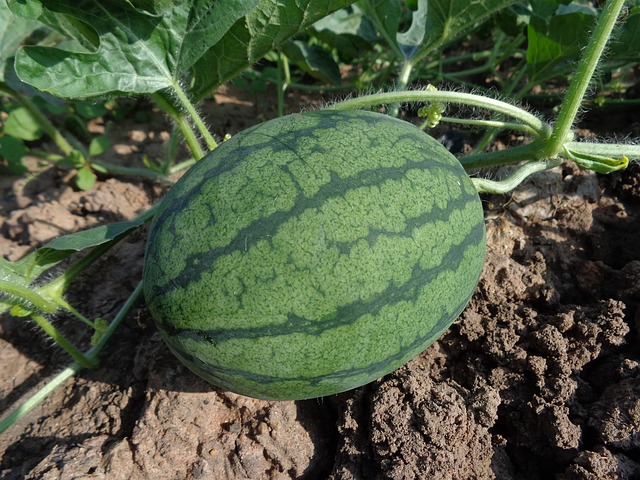In recent years, the discussion around sustainable development has gained unprecedented momentum, particularly in the context of agriculture. As we stand at the crossroads of climate change and food security, the role of organic farming has emerged as a beacon of hope, guiding us towards a carbon-neutral future. This innovative approach not only enhances soil health but also significantly reduces our ecological footprint, making it a crucial player in the fight against global warming.
Organic farming emphasizes working in harmony with nature rather than exploiting it. By eschewing synthetic fertilizers and pesticides, organic farmers foster biodiversity and promote healthier ecosystems. This not only leads to better crop yields over time but also contributes to carbon sequestration. Healthy soils can trap more carbon dioxide, which is a key component in mitigating climate change effects. By adopting practices such as cover cropping and crop rotation, organic farming systems enhance soil organic matter and, consequently, improve their overall resilience to climate variability.
Innovative green technologies are closely tied to the principles of organic farming. Farmers are now utilizing advanced techniques such as precision agriculture, which uses data and technology to optimize field-level management regarding crop farming. This intersection of tradition and technology helps farmers use resources more efficiently, reducing waste and minimizing their ecological footprint. Practices such as composting and agroforestry not only enrich the soil but also promote biodiversity, creating an agricultural environment that thrives while reducing greenhouse gas emissions.
The concept of being carbon neutral is more than a buzzword; it’s a necessity. Organic farming can be a vital part of the solution, offering a pathway to sustainable practices that align with both economic viability and environmental stewardship. By focusing on local food systems, organic farmers can lessen transportation costs and emissions, bringing fresh, nutritious food directly from the farm to the consumer’s table.
Moreover, consumers are increasingly aware of their choices and their impact on the planet. The rise in demand for organic produce reflects a growing desire to support practices that are mindful of environmental sustainability. By choosing organic, consumers are not just opting for healthier food; they are also making a statement about their desire for a greener, more sustainable future.
As we innovate and adapt to the challenges posed by climate change, organic farming stands out as a pivotal element in revolutionizing the agricultural sector. It is more than a method of production; it’s a commitment to nurturing the earth and ensuring its health for generations to come. By embracing organic principles and integrating green technologies, we can create a robust agricultural framework that not only feeds the growing population but does so in a manner that respects and protects our planet.




